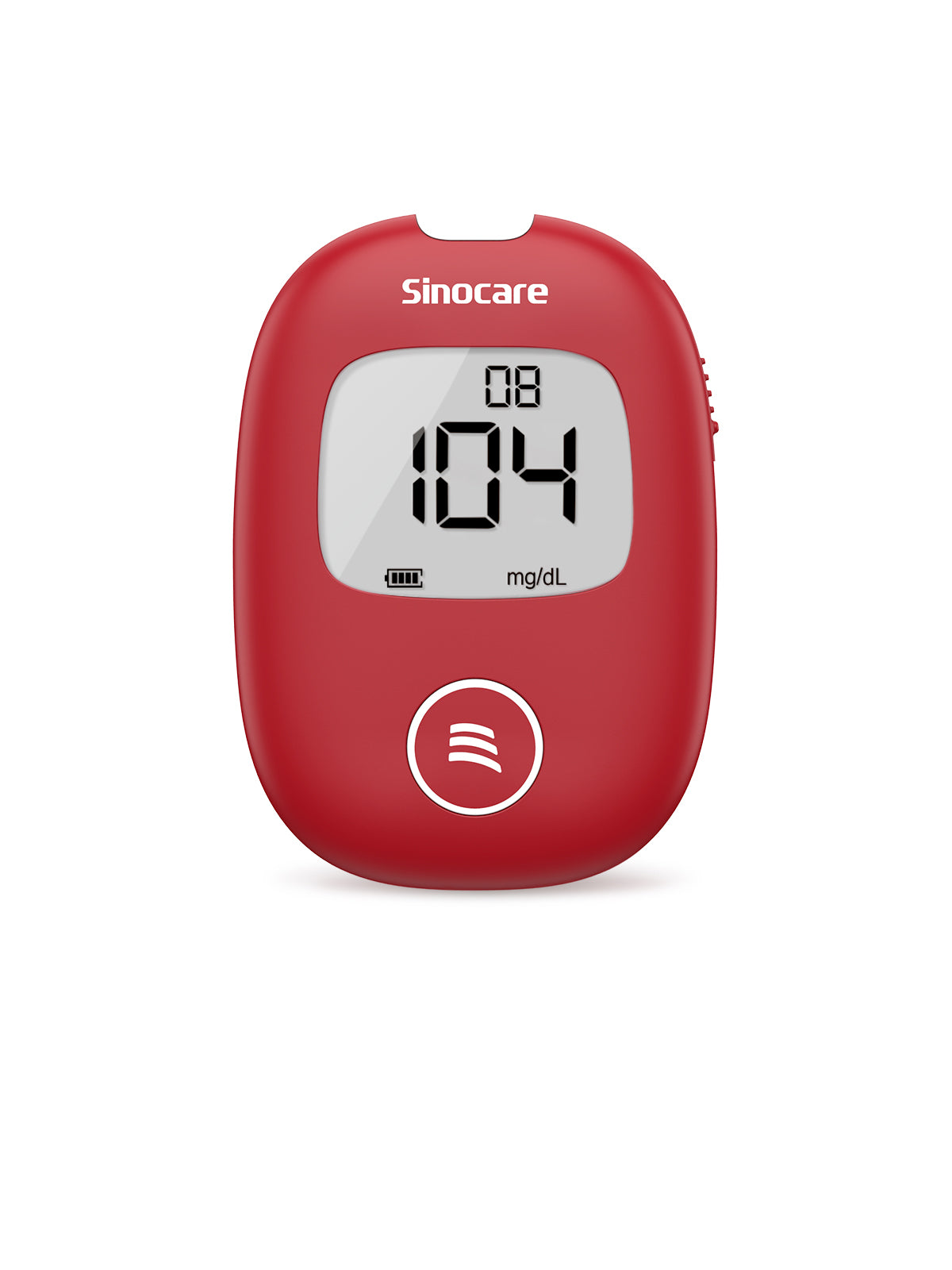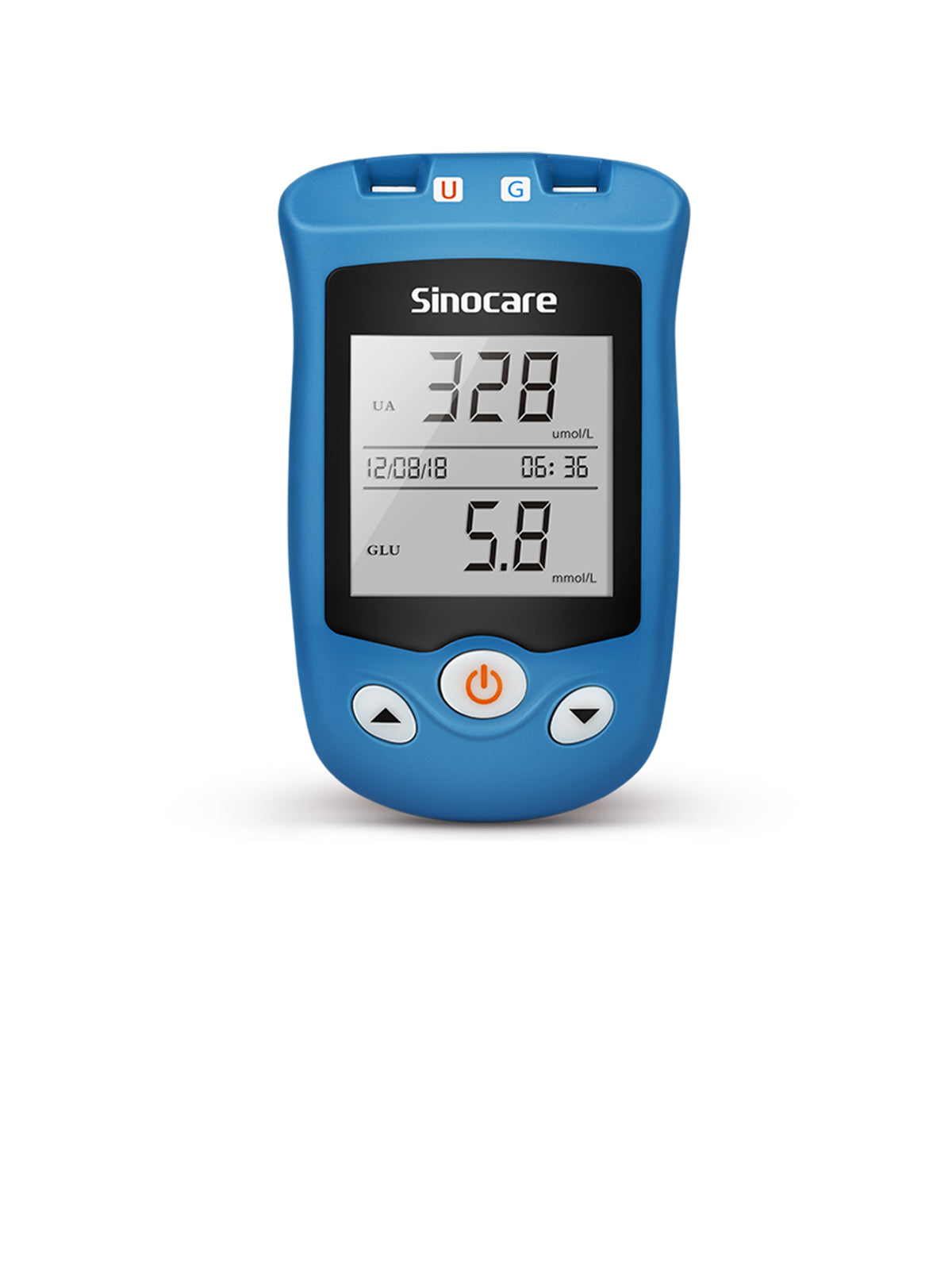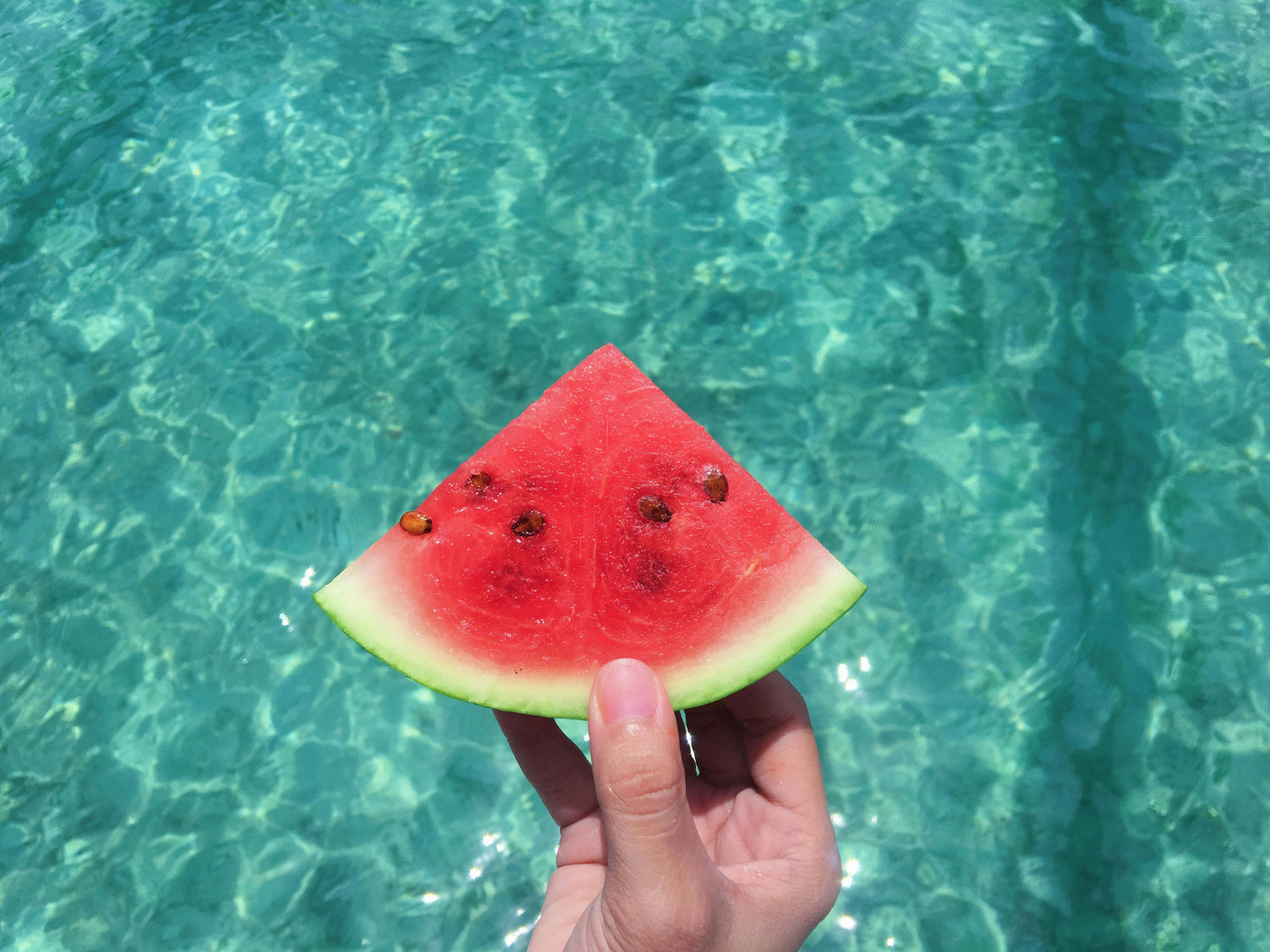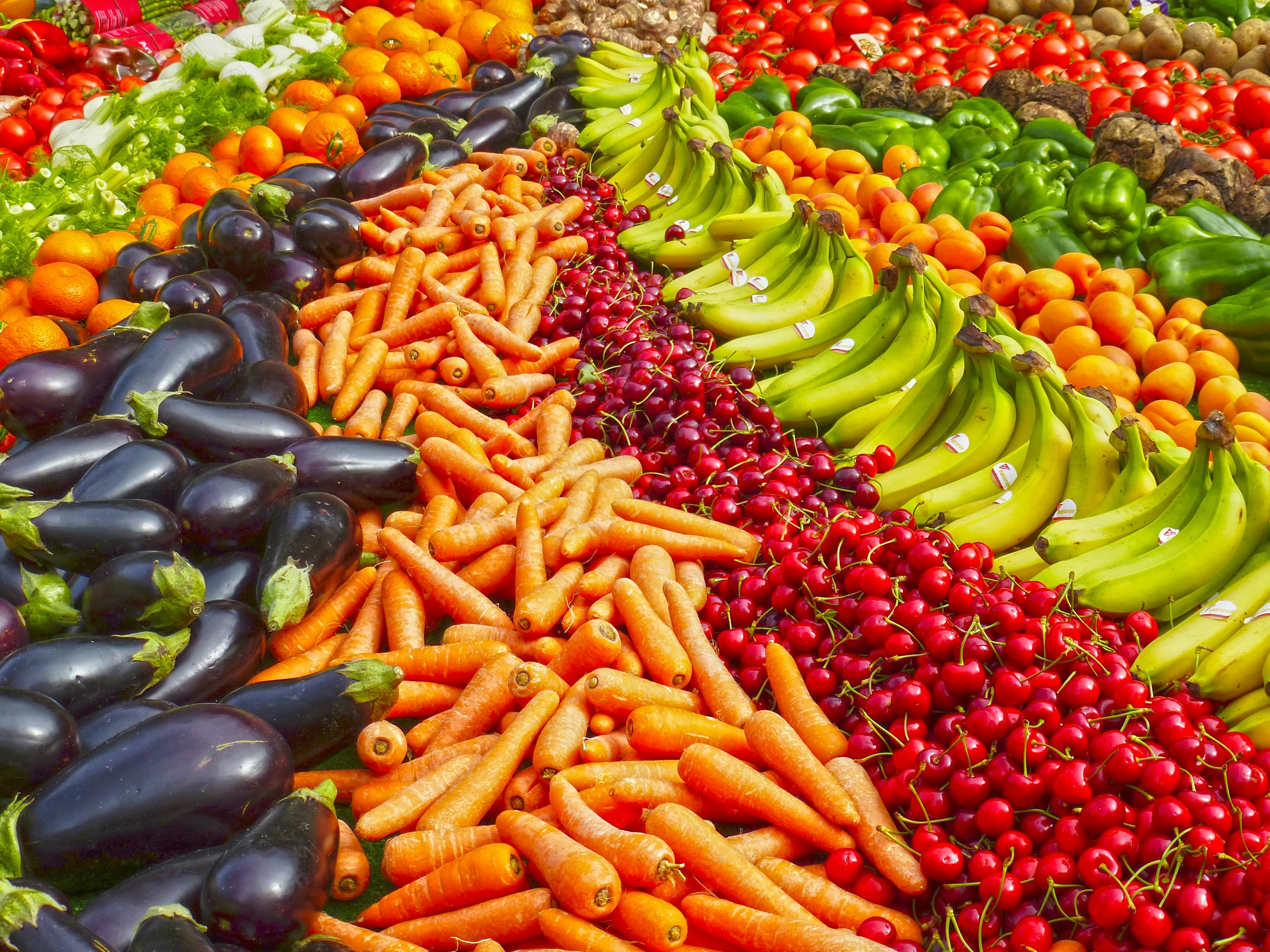As the scorching summer sun beats down, there's nothing quite as refreshing as a juicy slice of watermelon. However, for individuals managing diabetes, the sweetness of this summertime treat may raise concerns about blood sugar levels. The question looms: Can diabetics indulge in the delight of watermelon, or should it be avoided altogether?

Debunking the myth
The notion that individuals with diabetes should steer clear of all fruits, including watermelon, is a common misconception.
One of the main sources of glucose in our body is from food. Foods like watermelon belong to the low-calorie category, with only 31 calories per 100 grams. Watermelon has a high water content and is rich in pectin, fructose, and dietary fiber, which promote body excretion.
In fact, for individuals with diabetes, determining the impact of a food on blood sugar levels in their daily lives not only requires looking at the food's glycemic index (GI), but also its glycemic load (GL).
Although the glycemic index of watermelon is 72, which is considered high, the most important thing to consider is the amount consumed. This essentially depends on the glycemic load (GL) of the food. The glycemic load of watermelon is 4.2, which means that there are 4.2 grams of carbohydrates in 100 grams of watermelon. If one consumes 100-200 grams of watermelon per day, the impact on postprandial blood sugar is still very small. Therefore, for individuals with stable blood sugar levels, it is okay to eat watermelon in moderation.
How should diabetics eat watermelon?
1. Control blood sugar levels
For individuals with stable blood sugar levels, it's advisable to consume watermelon in moderation. Blood sugar should be kept stable and within standard levels, such as fasting blood sugar below 7.0mmol/L, postprandial blood sugar below 10.0mmol/L after 2 hours, and glycosylated hemoglobin (HbA1c) below 7%. When blood sugar is stable without significant fluctuations, it's suitable to enjoy watermelon and other fruits.Eating watermelon without stable blood sugar levels may lead to larger blood sugar fluctuations. It's crucial to understand that blood sugar fluctuations pose greater risks than just high blood sugar levels. Therefore, regular blood sugar monitoring is essential in daily life.
2. Reduce staple food intake accordingly
In daily life, minimize the impact of watermelon on blood sugar levels as much as possible. For example, consider consuming a portion of watermelon, equivalent to about four liang, as a snack between meals. Then, reduce the amount of staple food in the following main meal.
3. Timing matters
Many people have the habit of eating fruits immediately after meals. However, for individuals with diabetes, it's better to consume fruits as a snack between meals, especially avoiding consuming fruits right after a main meal. Additionally, when feeling hungry or after engaging in physical activity, it's acceptable to eat a moderate amount of fruit.

Final thoughts
In conclusion, watermelon can be included in the diet of individuals with diabetes when consumed in moderation and with careful attention to blood sugar levels. Contrary to common belief, the sweetness of watermelon does not necessarily make it off-limits for those managing diabetes. By considering factors such as glycemic index, glycemic load, portion control, and timing of consumption, individuals with diabetes can enjoy the refreshing taste of watermelon without significantly impacting their blood sugar levels. However, it's important to maintain stable blood sugar levels through regular monitoring and to adjust dietary choices accordingly. With mindful eating practices and moderation, individuals with diabetes can savor the summertime delight of watermelon










Laisser un commentaire
Tous les commentaires sont modérés avant d'être publiés.
Ce site est protégé par hCaptcha, et la Politique de confidentialité et les Conditions de service de hCaptcha s’appliquent.